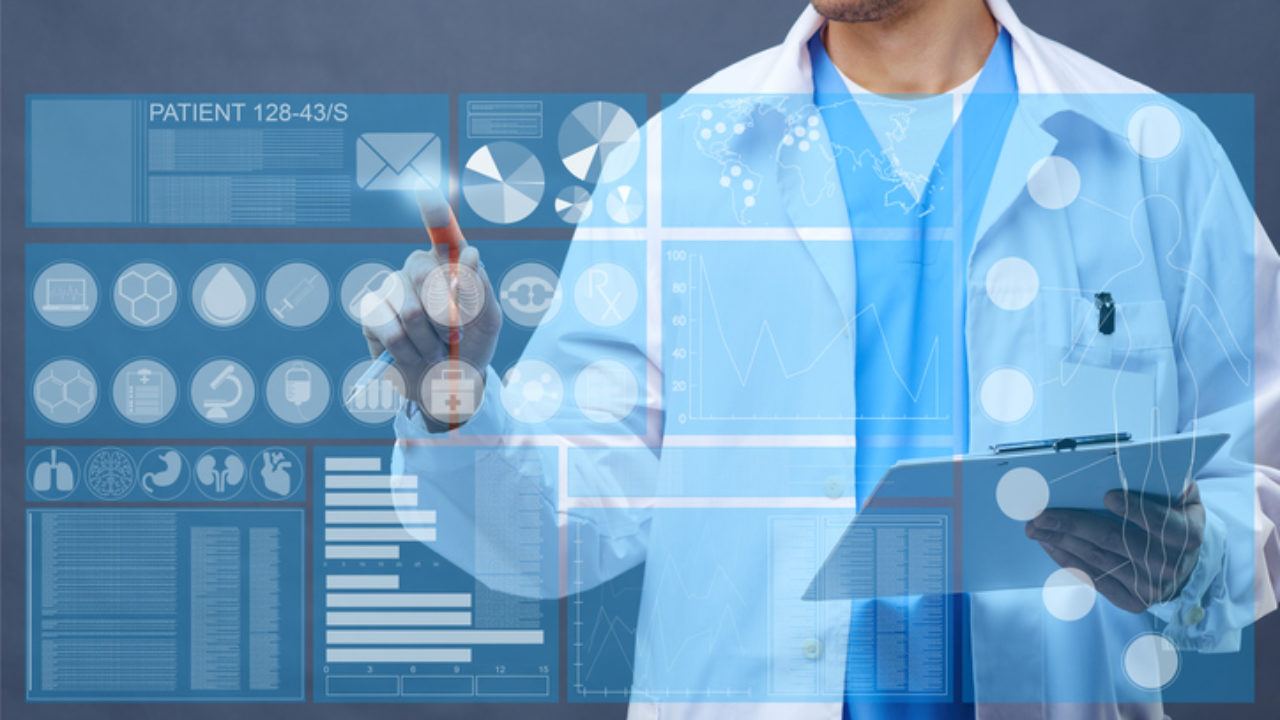
Technology is the driving force behind disruption in industries. Healthcare pushes technology to its limits and beyond, and right now we’re embracing a new-age in medical and healthcare technology. It changes the way in which doctors, patients, nurses, hospitals, surgeries and even everyday consultations understand their roles and how they interact with each other.
The future of medicine and healthcare is geared to making patients more comfortable. Read professional services help reviews to gain insights and experience so that you know what to expect when you seek their assistance and professional help. Reviews Bird is a platform where you can learn from the reviews and ratings shared by real-world people and patients so you can make better-informed decisions for yourself.
The biggest technology coming to change the face of healthcare is Artificial Intelligence (AI). Through major technological breakthroughs, there have been amazing developments in healthcare from analytics, machine learning, and automation than ever before. AI won’t replace scientists, but these technologies assist scientists in research, information, and other areas so that better decisions can be made for patients. This removes the burden on time and resources for more work to be completed in other areas specialist for scientists and doctors.
Telehealth is one of the biggest areas of advancement in medicine and healthcare today. Doctors are able to see many more patients and help more people relieve their ailments and illnesses through technology such as video conferencing and video calling. It allows doctors from across the world to assist patients anywhere and anytime.
The cost and time to create prosthetics, instruments and implants for patients is high. 3D printing technology has changed that. Where it took months to develop a new item, it now takes a matter of weeks. Prosthetics and implants are seeing their prices decrease as the technology allows for lower-cost manufacturing methods and less time.
Gaining in sophistication and complexity, and looking to revolutionize healthcare, nanorobots and nanotechnology are bringing the reality ever closer. Using nanorobots to deliver medicines, identify and repair damaged or blocked arteries, stomach and other organ scanning, and more, nanotechnology promises a great deal of benefits to the advancement of medicine, surgery, and healthcare.
The use of drone technology has changed many other industries, and the healthcare sector has not been sitting idle. Using drones, doctors and hospitals are able to rapidly transport and deliver medicines to far-flung or remote areas. From the initial phase of COVID-19, drones have been used to transport test kits, medicines, PPE supplies, and more to regions lacking in medical care or other facilities. This reduces the time to recover, as medicines can be administered quicker to patients for greater effect. Think of rural villages in the poorest countries where a doctor treats thousands of patients. Instead of making trips to far-off large cities, the doctor can simply order medical supplies for air-drop to their location. Emergency supplies and equipment are also dispatched in this way. It makes medical care more accessible to larger numbers of …
